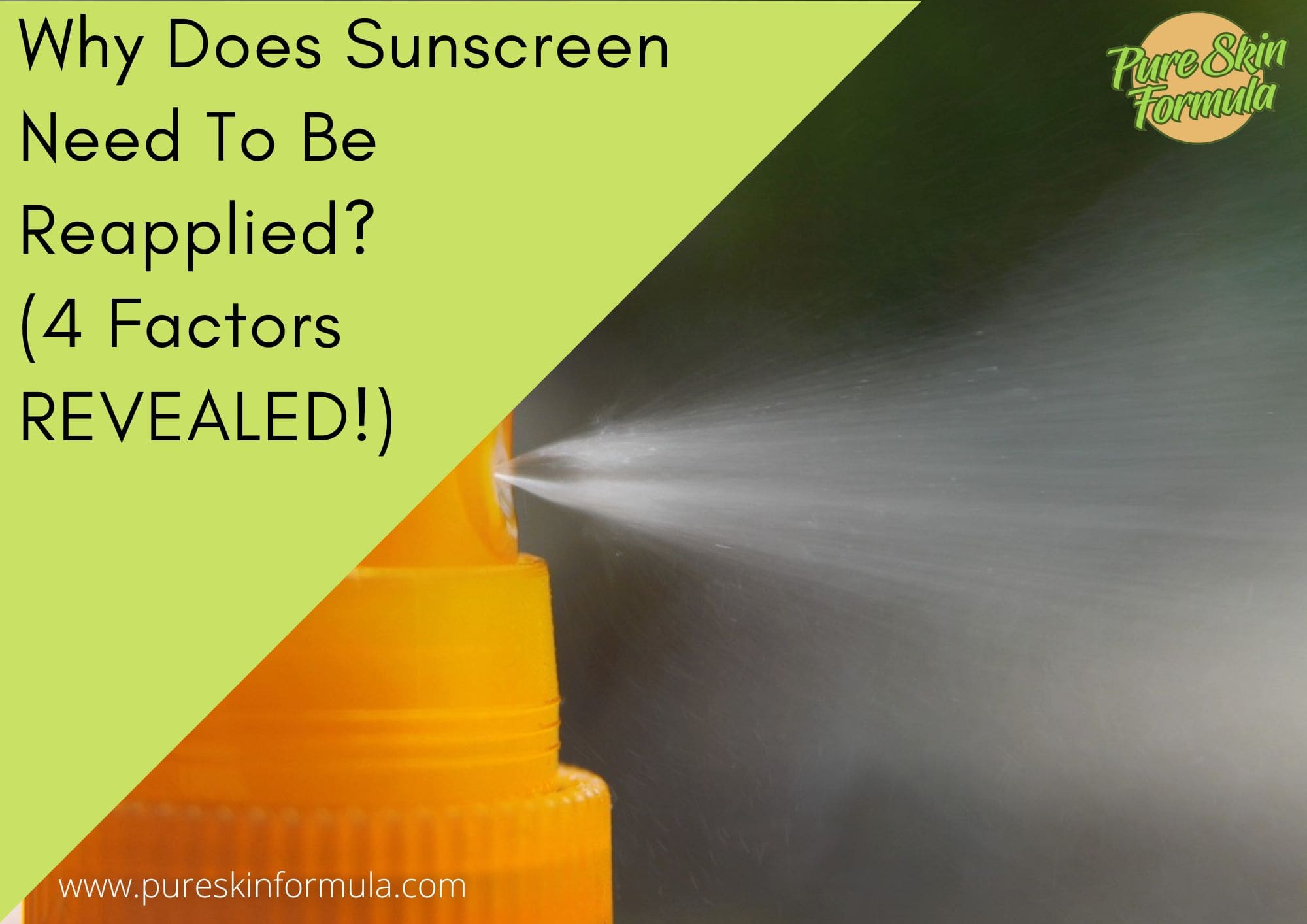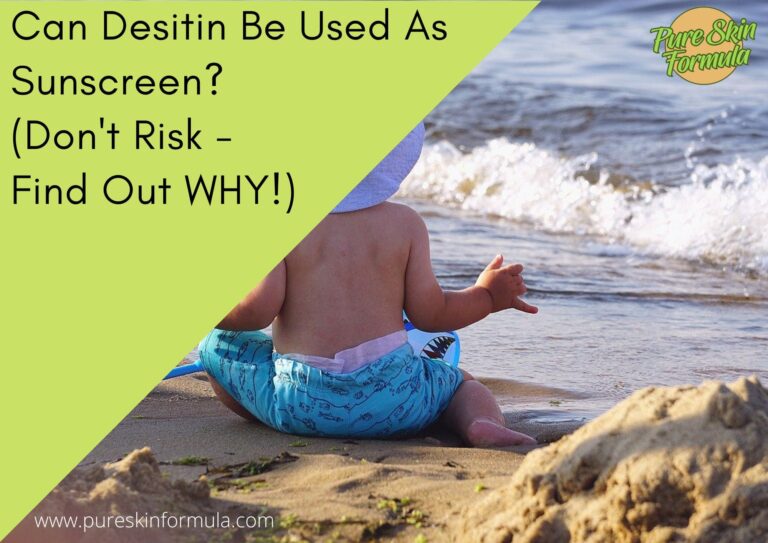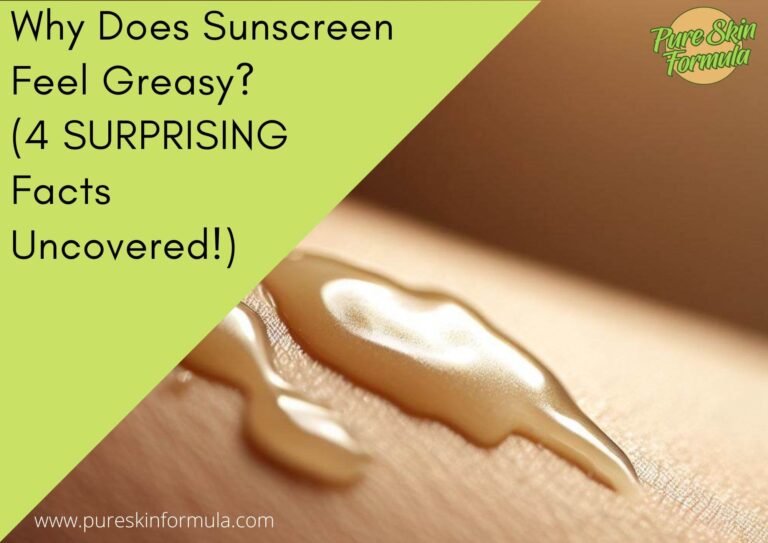Did you know that applying sunscreen at the start of the day isn’t enough? One crucial step you may overlook could be putting your skin at risk.
Sunscreen is a must-have for anyone outdoors, but many people should realize it has to be reapplied throughout the day. Why is this necessary?
While sunscreen does provide a protective barrier against the sun’s UV rays, it can break down and become less effective over time.
Don’t let your skin be at risk. Ensure you’re reapplying sunscreen regularly and staying protected from the sun’s harmful rays.
A few factors can cause sunscreen to wear off, leaving your skin vulnerable to damage. Which are they? Let’s find out below.
Why does sunscreen need to be reapplied?
I have explored four factors why sunscreen wears off:
- Water exposure;
- Sweating;
- Rubbing with a towel or clothing;
- Exposure to the sun.
Water exposure can wash away sunscreen, reducing its effectiveness in protecting your skin. Sweating can also cause sunscreen to rub off or wear away over time, especially when engaging in physical activity.
Rubbing with a towel or clothing can also remove sunscreen from your skin, leaving it vulnerable to sun damage.
Exposure to the sun can also cause sunscreen to break down over time. The UV radiation in sunlight can cause the active ingredients in sunscreen to degrade, reducing their ability to protect your skin.
That’s why it’s important to reapply sunscreen every 2 hours or more frequently if you’re swimming or sweating.
By reapplying sunscreen regularly, you can ensure your skin is continuously protected from the sun’s harmful UV rays and reduce your risk of sunburn, premature aging, and skin cancer.
Let’s thoroughly explore the issue.
How sunscreen forms a protective barrier on the skin?
Sunscreen forms a protective barrier on the skin that absorbs, scatters and reflects harmful UV rays from the sun.
When a physical sunscreen is applied to the skin, the active ingredients, such as zinc oxide or titanium dioxide, work by reflecting UV radiation.
Chemical sunscreens, on the other hand, work by absorbing UV rays and converting them into heat energy that can then be safely dissipated from the skin.
These active ingredients penetrate the top layer of the skin and form a protective layer that helps to prevent UV radiation from penetrating deeper into the skin.
Which are the factors that can cause sunscreen to break down?
Yes, several factors can cause sunscreen to break down.
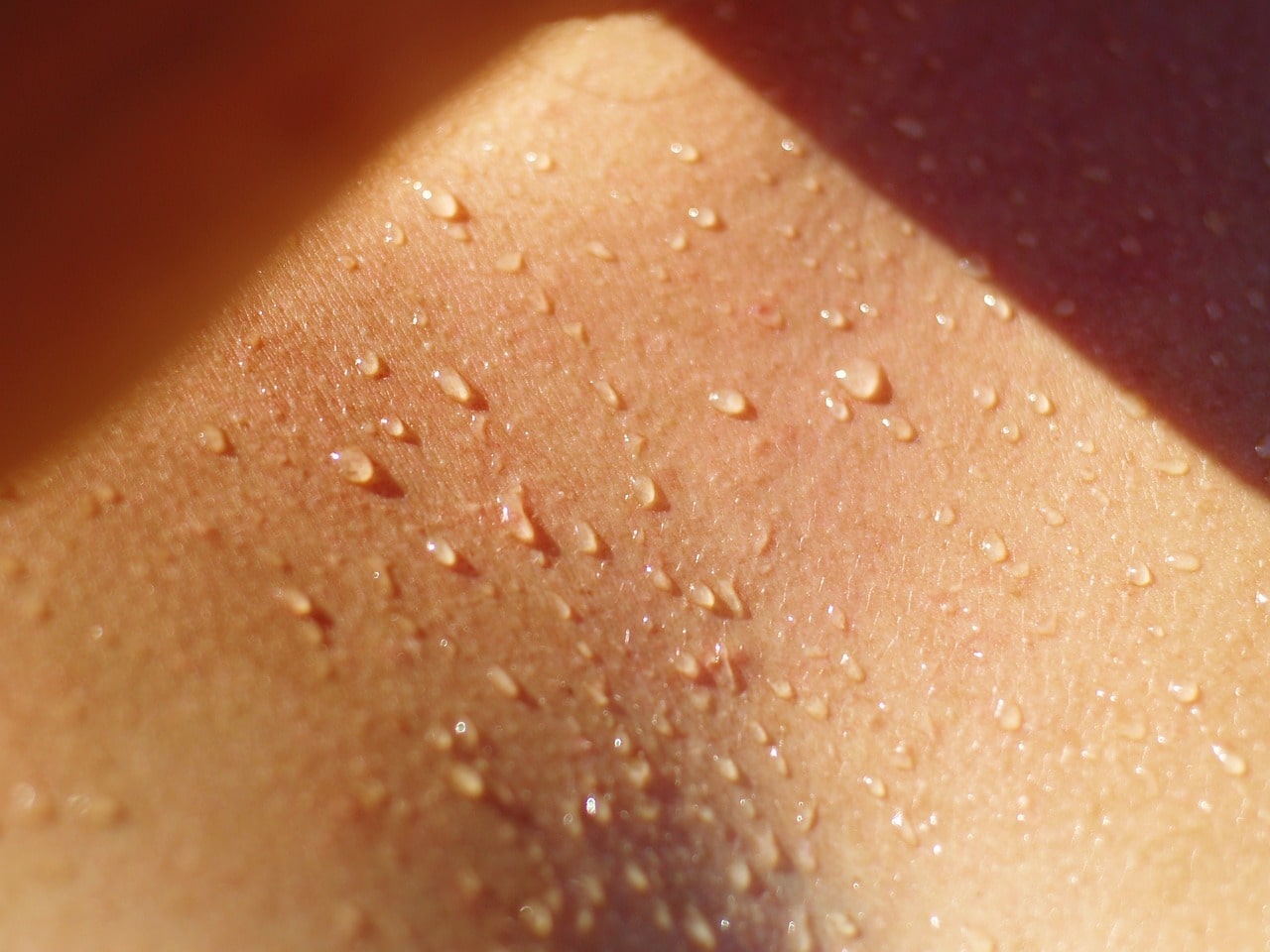
When you sweat, the water and salt on your skin can break down sunscreen, making it less effective. This is especially true if you’re participating in outdoor activities or exercising, where you’re sweating heavily.
Water can also wash away sunscreen, whether swimming in a pool or the ocean or simply showering. Even if you’re using a “water-resistant” sunscreen, it will still break down over time, especially if you’re in the water for an extended time.
Sunscreen is designed to absorb UV radiation, which means it can gradually break down over time as it is exposed to sunlight. The longer you are exposed to the sun, the more likely your sunscreen will become less effective.
Sunscreen can also be rubbed or wiped away by clothing, towels, or other objects that come into contact with your skin. This can happen if you’re playing sports, lounging on a beach towel, or simply getting dressed after applying sunscreen.
How often should you reapply sunscreen?
It depends on a few factors, such as the SPF of the sunscreen and the activities you’re doing.
However, as a general rule, it’s a good idea to reapply sunscreen every 2 hours or more frequently if you’re sweating or swimming.
If you’re using a higher SPF sunscreen, you may get away with reapplying less frequently, but it’s still a good idea to reapply every few hours to ensure that you’re getting the complete protection that the sunscreen is designed to provide.
It’s also important to remember that sunscreen should be reapplied after any activity that could cause it to rub off, such as towel drying, excessive sweating, or friction from clothing or sports equipment.
It’s a good idea to reapply sunscreen more frequently if you spend an extended amount of time in direct sunlight, such as during a day at the beach or a long hike.
Overall, the key is to be mindful of your activities and your sunscreen’s SPF and to reapply as needed to ensure that your skin is protected from the harmful effects of the sun.
How does SPF matter?
Sun Protection Factor (SPF) measures how well a sunscreen can protect the skin from harmful UV rays. The higher the SPF, the higher the protection against solar intensity.
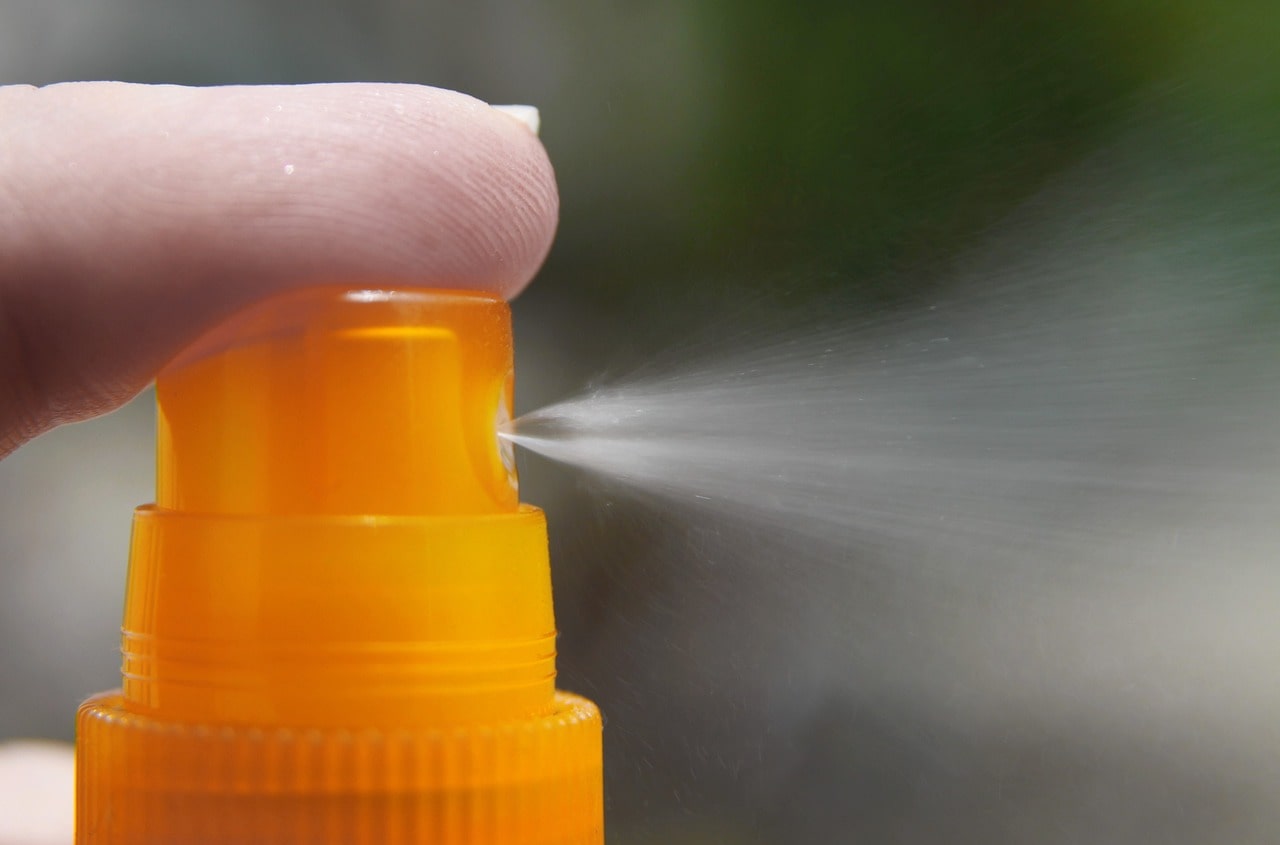
Thus longer the protection time. It’s important to note that no sunscreen provides 100% protection from UV rays.
For example, if you’re using sunscreen with an SPF of 30, you can generally expect to be protected from the sun’s harmful UV rays for about 2 hours. If you’re using sunscreen with an SPF of 50, you may be protected for up to 3 hours before reapplying.
And again, it depends on how active you are when you are outside.
If you’re participating in outdoor sports or other activities that require you to be in direct sunlight for an extended period, you may also need to reapply sunscreen more frequently.
How to remember to reapply sunscreen?
It is easy to forget. Especially when you’re busy enjoying outdoor activities or socializing with friends and family, these tips will help.
1. You can set a timer on your phone or watch to remind you to reapply sunscreen every 2 hours. This is a simple and effective way to protect you from the sun.
2. Several apps can help you track the UV index in your area and remind you to reapply sunscreen.
3. Keep your sunscreen within reach and visible, such as on your beach bag or in your pocket. This can serve as a reminder to reapply throughout the day.
4. Wearing protective clothing, such as hats, long-sleeved shirts, and sunglasses, can help to reduce the amount of sunscreen you need to apply and the frequency of reapplication.
5. If you’re with friends or family, ask someone to remind you to reapply sunscreen throughout the day. This can be a fun and helpful way to stay protected while enjoying the outdoors.
What are the potential risks of not reapplying sunscreen?
Not reapplying sunscreen can increase the risk of sunburn, premature aging, and skin cancer. Here’s why:

Sunburn is a common consequence of not reapplying sunscreen. It occurs when the skin is damaged by the sun’s UV rays, leading to painful, red, and sometimes blistered skin.
Sunburn can be more severe in people with fair skin, and repeated sunburns can increase the risk of skin cancer.
Exposure to the sun’s UV rays can also cause premature aging, such as wrinkles, fine lines, and age spots.
These signs of aging are caused by the breakdown of collagen and elastin in the skin, which can be accelerated by UV radiation.
Exposure to UV radiation is a significant risk factor for skin cancer.
Should you reapply if you see “water-resistant” on the label?
Even if sunscreen is labeled as “water-resistant,” it must be reapplied after a specific time because water-resistant sunscreens can still lose effectiveness over time.
The label “water-resistant” means that the sunscreen can maintain its stated SPF level after 40 minutes of water exposure, while “very water-resistant” means that the sunscreen can maintain its SPF level after 80 minutes of water exposure.
However, water-resistant sunscreens can still rub off or be washed away over time, even if you’re not in the water, due to the other above-mentioned factors (sweating, rubbing with a towel, and exposure to the sun).
In conclusion
A sunscreen is a crucial tool in protecting your skin from the harmful effects of the sun’s UV rays.
However, more is needed to apply sunscreen at the start of the day and remember about it.
By reapplying sunscreen regularly, you can help ensure your skin stays protected and healthy, reducing your risk of sunburn, premature aging, and skin cancer.
So, keep a bottle of sunscreen handy and remember to reapply throughout the day to enjoy the outdoors safely and comfortably.
Thank you for reading!
Valeria

